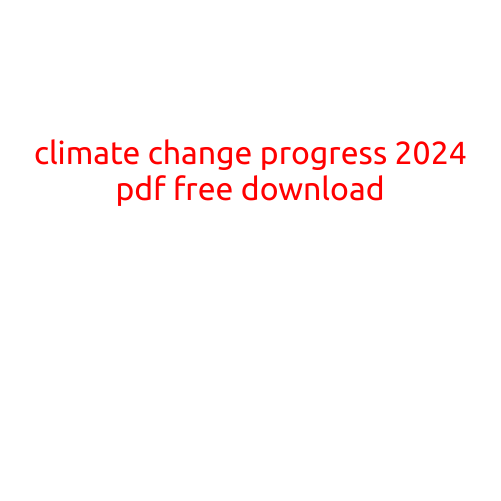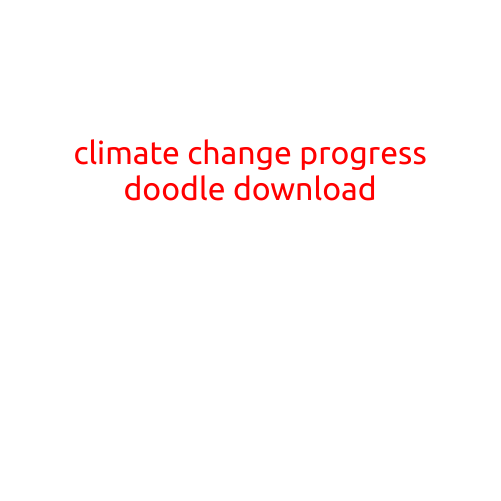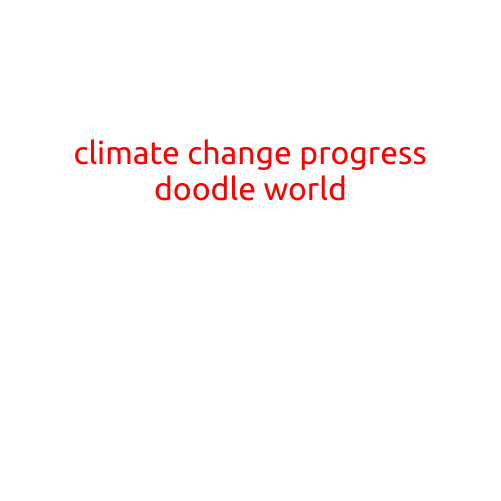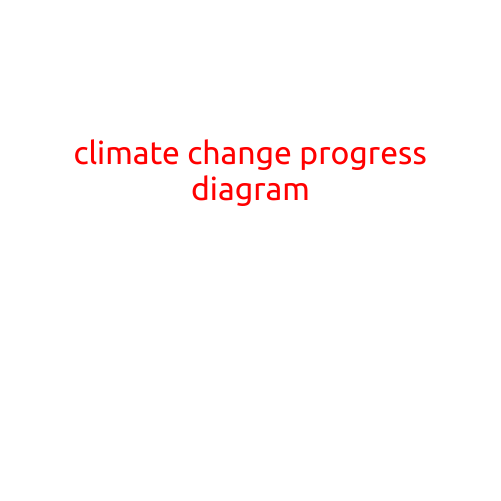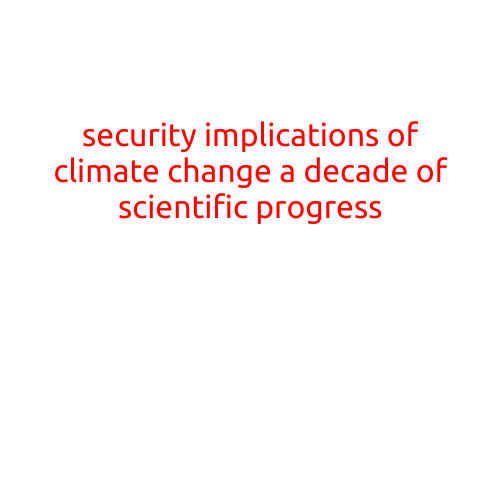
Security Implications of Climate Change: A Decade of Scientific Progress
In the past decade, the scientific community has made significant progress in understanding the security implications of climate change. As the world grapples with the mounting threats posed by global warming, it has become increasingly clear that climate change is not just an environmental issue, but a pressing security concern.
Introduction
Climate change is projected to have far-reaching consequences for global security, including increased migration, food and water insecurity, economic disruption, and social unrest. The scientific community has long recognized the urgent need to address climate change, and in the past decade, research has focused on the security implications of this crisis.
Rising Temperatures, Rising Tensions
One of the most significant security implications of climate change is its potential to exacerbate conflicts over resources, particularly water and food. As temperatures rise and extreme weather events become more frequent, competition for these resources is likely to intensify, leading to increased tensions between nations and communities.
In a 2019 study, researchers from the University of California, Berkeley found that climate change was likely to lead to a 25% increase in water scarcity by 2050, putting enormous pressure on global water resources. This, in turn, could lead to conflicts over access to water, which is already a major source of tension in many parts of the world.
Displacement and Migration
Climate change is also projected to displace millions of people from their homes, leading to mass migrations and increased tensions between nations. A 2018 report by the United Nations estimated that climate change could displace up to 143 million people by 2050, many of whom would be forced to flee their homes in search of safety and stability.
As displacement and migration rise, so too do the risks of social unrest, conflict, and even war. In a 2015 study, researchers from the University of Oxford found that climate-related disasters were associated with a 20% increase in refugee flows, and that this trend was likely to continue in the coming decades.
Economic Disruption and Insecurity
Climate change is also projected to have significant economic implications, including increased costs associated with natural disasters, infrastructure damage, and lost productivity. In a 2020 report, the World Economic Forum estimated that climate-related disasters could cost the global economy up to $14 trillion by 2050.
As the economic impacts of climate change mount, so too do the risks of social unrest, protest, and even revolution. In a 2019 study, researchers from the University of California, Los Angeles found that economic inequality was a major driver of climate protest and activism, and that governments would need to take bold action to address economic inequality in order to mitigate the security risks posed by climate change.
Conclusion
In the past decade, the scientific community has made significant progress in understanding the security implications of climate change. As the world grapples with the mounting threats posed by global warming, it has become increasingly clear that climate change is not just an environmental issue, but a pressing security concern.
To mitigate the security risks posed by climate change, governments and international organizations will need to take bold action to address the root causes of the crisis. This will require a comprehensive approach that includes reducing greenhouse gas emissions, promoting sustainable development, and addressing economic inequality and resource competition.
As the world looks to the future, it is clear that the security implications of climate change will be central to the global agenda. By understanding the science behind these implications, and by taking bold action to address the crisis, we can work towards a more secure and sustainable future for all.
